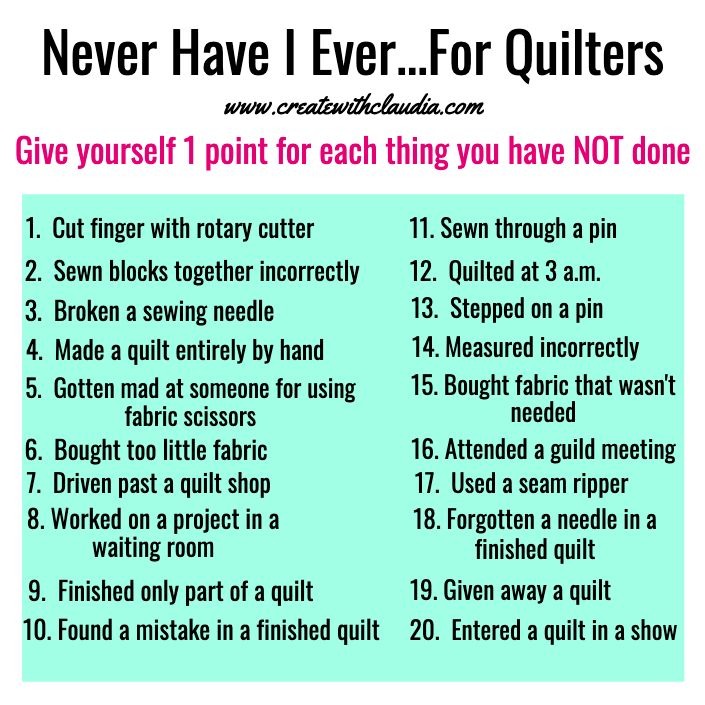

Don’t change the subject if they start talking about their mental health or illness.

Let them know that you are totally there to listen and help in whatever way you can. How can I support my friend who is struggling with mental health?įirst, know that you’re a good friend, because they are comfortable telling you about their mental health and being themselves in front of you. It may take time, but if your friend is getting the help they need, that’s worth it. Often once your friend starts getting help, they will feel relieved, and realize that you said something because you love them. We are going to be very blunt and say that you would probably rather your friend be mad at you for a few weeks than have your friend hurt themselves. But that’s not always the case, and your friend may be mad at first that you shared something private. When possible, they can get your friend help without revealing that it was you who told them. That adult can make sure that your friend gets the help they need. Go to a trusted adult and let them know what is going on.Ī favorite teacher, a parent, or a clergy member is a great place to start, and get advice about what to do. It is always better to be safe than sorry. If you’re feeling overwhelmed by the weight of what they are telling you, tell someone. If your gut is telling you that you need to tell an adult what is going on with your friend, listen to your gut– it’s why we have them! If your friend has mentioned self-harm or is acting in a way that leads you to believe that they may hurt themselves or somebody else, tell someone. This is a really tough question that we hear a lot. How do I tell somebody that my friend is really depressed or struggling, without making them hate me for betraying their trust? If you want to be connected with services or programs, and it is not an emergency, reach out to Here.Now. You can also get help by texting the Crisis Text Line: text “HOME” to 741741. *For those reading this, if you are in crisis or danger, please call the National Suicide Prevention Lifeline at 1-80. We expected to max out around 15, and instead we had over 300 questions come in! Below, find the top 12 questions we were asked, along with our answers. Question 1 Never Have I Ever.My mental health organization, Here.Now. has been traveling around to teen programs for the past few weeks, allowing participating young people to put their mental health questions in a box anonymously.
#Never have i ever questions for teens free
Get ready to relive some hilarious, awkward, and possibly painful memories as we delve into some of your life's defining moments! And if you want to share any of them in the comments, feel free to do so, we'd love to hear your stories. Simply agree (meaning you've never done it) or disagree (meaning you have done it) with the statements and we'll tell you if you're boring or not.

In this quiz, we'll ask you 35 basic Never Have I Ever questions. Score may be kept, but often isn't it's primarily just a fun way for people to pass time together. In cases where the scenario is exceedingly funny, they may be asked to regale the other players with a recounting of it. However, if anyone else has done that thing, they must admit to it and have a drink themselves. This is designed to keep the game from getting out of hand with crazy suggestions that no one is likely to have done. If no one else has done it either, the person who made the statement loses the round and must have a drink. One person makes a statement that "Never Have I Ever." and then chooses something that they've never done, but which they suspect someone else playing the game has done. And thirdly, it allows people to get to know each other better and relate funny stories to each other, stories that the people telling them may even have forgotten themselves. Secondly, it usually involves drinking, which instantly makes it a party classic. Firstly, it doesn't require anything to play. Never Have I Ever is one of the most popular party games right now, for a number of reasons.


 0 kommentar(er)
0 kommentar(er)
